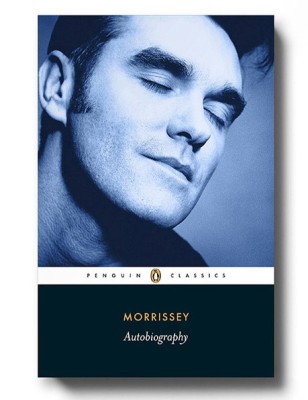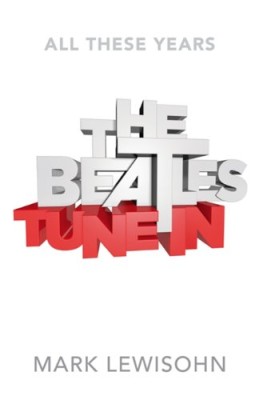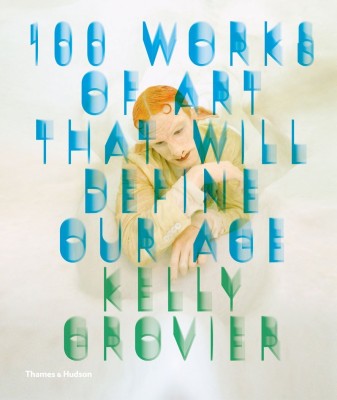
And so it has come to this.
The mythic travels of Sal Paradise reduced to a Google Maps trip.
Gregor Weichbrodt’s “On the Road for 17527 Miles” removes all the poetry from Kerouac’s journey.
The Guardian says of the book:
Going through On the Road with a fine toothcomb, Weichbrodt took the “exact and approximate” spots to which the author – via his alter ego Sal Paradise – travelled, and entered them into Google’s Direction Service. “The result is a huge direction instruction of 55 pages,” says the German student. “All in all, as Google shows, the journey takes 272.26 hours (for 17,527 miles).”
Weichbrodt’s chapters match those of Kerouac’s original. He has now self-published the book, which is also part of the current exhibition Poetry Will Be Made By All! in Zurich, and has, he says, sold six copies so far.
“To me it’s a concept, an idea. It’s odd in which rational ways we discover, travel the world,” he said. “If Kerouac had a GPS system, he would have probably felt less free. I find it rather discouraging to go on self-discovery with a bunch of route directions.” On the Road, he added, “fitted the idea of the concept I had in mind, but I’m not a beatnik groupie”.
Read the full review here.
The book is self-published and thus far Weichbrodt says he’s sold six copies.
-– A Days of the Crazy-Wild blog post: sounds, visuals and/or news –-









